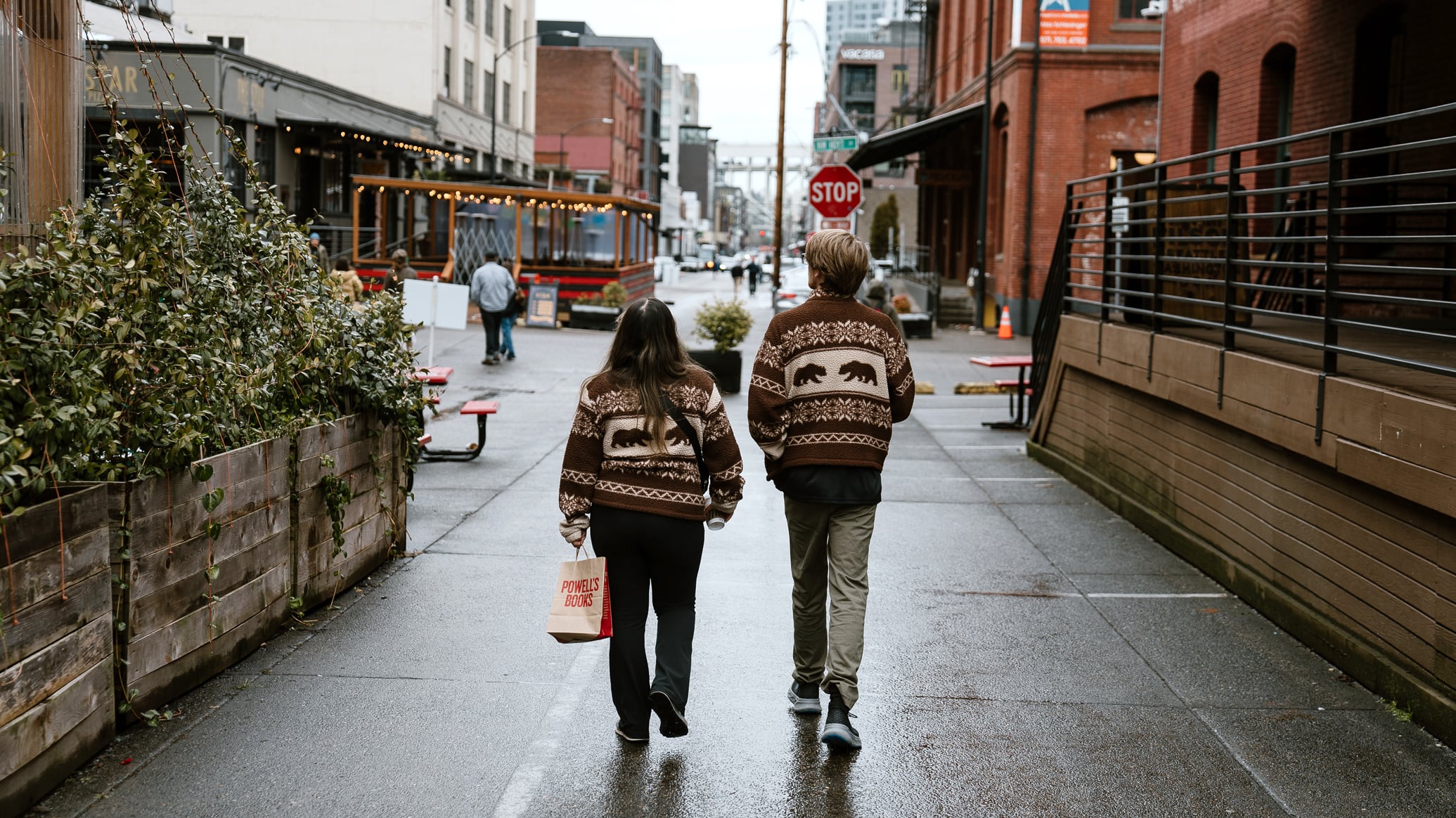An initiative petition aimed at the November 2026 ballot seeks to let Portland citizens decide where millions of city dollars get spent every year.
If passed, the measure would set aside an amount equivalent to 2% of the city’s general fund budget every year—about $16 million based on this year’s budget—to be spent on projects determined by the community.
The measure is backed by two major progressive political groups, East County Rising and Next Up Action Fund, as well as the group Participatory Budgeting Oregon, which has long sought to bring the practice to the state. Those same groups tried to launch a similar measure in 2024 but punted after falling behind on signature gathering.
If the measure passes, the City Council would appoint an oversight committee to oversee the program and the process by which funding proposals are narrowed down and selected for a ballot. The specific proposals ultimately voted on by Portlanders would be selected by a “transparent process wherein City staff and residents, represented by budget delegates, review, assess, and refine project ideas into a limited number of qualified projects that can be feasibly implemented by City government,” the initiative language reads.
Portlanders would then vote for which proposals to fund using the 2% of funds. While many specifics of the program aren’t prescribed in the initiative language, major cities like New York City, Boston and Seattle all have participatory budgeting processes that Portland officials could look to for inspiration. Some cities that are split up into regional voting districts, like Portland, give voters district-specific and citywide projects to choose from.
As written currently, the measure would also allow the City Council to identify nongeneral fund monies—like the Parks Levy and the Portland Clean Energy Fund—to be tapped for the 2% chunk allocated by participatory budgeting.
Participatory Budgeting Oregon, East County Rising and Next Up Action Fund are paying for much of the signature-gathering efforts, campaign consulting and polling. So far, they’ve collectively provided over $175,000 worth of such services to the campaign. The groups are paying a signature-gathering operation, the Portland Clean Air Fund, to collect signatures. (The same group helped candidates qualify for public campaign funding in last year’s City Council races.)
So far, the petition’s backers say they have collected 22,000 signatures, more than half of the 40,437 needed to qualify for the November 2026 ballot.
The measure’s chief petitioners are Elona Wilson, executive director of Next Up Action Fund, and Jim Labbe, interim executive director of Participatory Budgeting Oregon.
Peter Platt, owner of Andina, an upscale Peruvian restaurant in the Pearl District, is one of the measure’s supporters. He says he’d like to see some of the money go to supports for small businesses, perhaps in the form of enhanced security patrols or a hospitality workforce training program.
“The priorities are clear in my mind from a small-business perspective. We tend to get the short end of the stick but are expected to pull disproportional weight in terms of securing a tax base,” Platt says. “The credibility of governments on many different levels is being questioned. I think there’s some legitimate criticism, and I think this is a way of exercising oversight and having a window into the budgeting process.”

